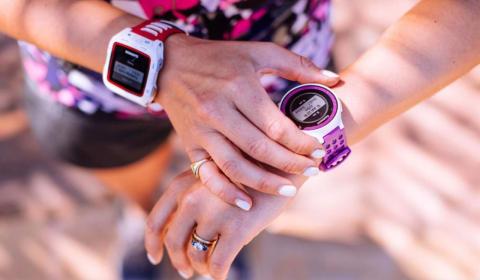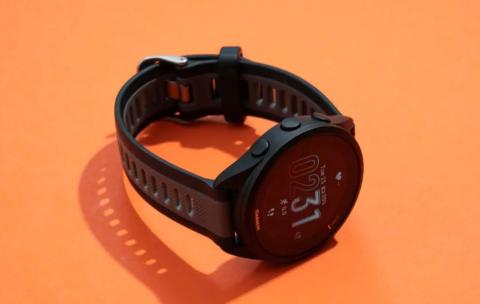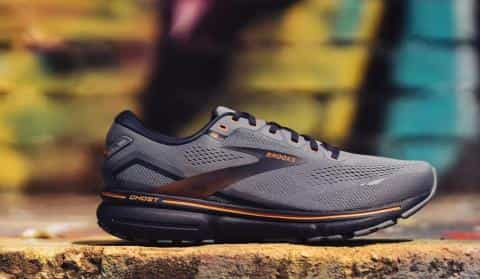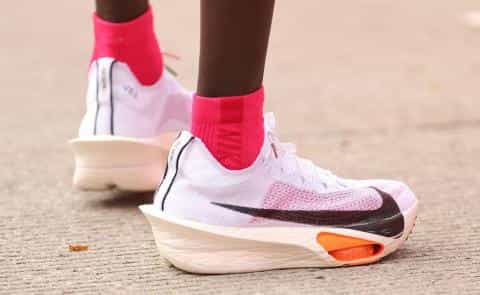

As a runner, you know the importance of tracking your progress. Whether you're an experienced marathoner or a newbie just getting started, a running watch can be an invaluable tool in your fitness journey. But with so many options on the market, how can you ensure you're choosing the right one for you? This article aims to provide some helpful tips on selecting the best running watch based on features and budget.
1. Determine Your Needs:
Before you start shopping, determine what you need from a running watch. Are you looking for a basic model that just tracks distance and pace, or do you want a feature-rich model that offers advanced metrics like heart rate, VO2 max, and sleep tracking? Are you a trail runner who needs a watch with GPS and altimeter features, or do you primarily run on city streets? By identifying your needs upfront, you can narrow your options and make your shopping experience more manageable.

2. Set Your Budget:
Running watches can range in price from under $50 for basic models to several hundred dollars for top-of-the-line options. Define your budget early in the process. Remember, the most expensive watch isn't necessarily the best one for you. It's about finding a balance between what you're willing to spend and the features you need.
3. Battery Life:
One of the most critical factors to consider when buying a running watch is battery life. If you're a long-distance runner or ultramarathoner, you'll need a watch that can last for a long time without needing a charge. Look for watches with a battery life that can last for the duration of your longest runs or races.
4. GPS Capability:
GPS is a crucial feature for most runners. It allows you to track your route, distance, and pace. Some watches also offer GLONASS or Galileo for more accurate tracking. If you run in areas with weak GPS signals or if you're a trail runner, consider a watch with multi-system satellite compatibility.
5. Heart Rate Monitor:
Many modern running watches come with a built-in heart rate monitor. This feature can help you train more efficiently by ensuring you're in the correct heart rate zone. Some watches even offer advanced heart rate features like alerting you when your heart rate is too high or low.
6. Water Resistance:
If you often run in the rain or plan to use your watch for swimming or triathlon training, look for a watch with a high water-resistance rating. The standard rating for most running watches is 5ATM, which means it can withstand pressures equivalent to a depth of 50 meters.
7. Ease of Use:
The best running watch is one you'll actually use, so consider how user-friendly the watch is. Can you easily navigate through the menus and settings? Is the screen easy to read in different light conditions? Does it sync easily with your smartphone or computer?
8. Brand and Reviews:
Consider the watch's brand and read reviews from other users. Popular brands like Garmin, Suunto, Polar, and Fitbit have a reputation for producing quality running watches. User reviews can provide insight into the watch's performance, durability, and real-world battery life.
Remember, the right running watch for you is one that suits your specific needs, fits within your budget, and feels comfortable on your wrist. By considering these tips, you'll be well on your way to finding a running watch that can help you reach your fitness goals. Happy running!
Discover More Content





